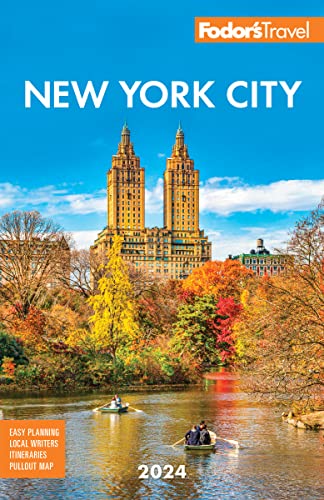Health/Safety
New York City is one of the safest large cities in the country. However, do not let yourself be lulled into a false sense of security. As with visitors in any large city, unsuspecting tourists in New York remain particularly easy marks for pickpockets and hustlers.
After the September 11, 2001, terrorist attacks, security was heightened throughout the city and some NYPD measures have remained. Never leave any bags unattended, and expect to have yourself and your possessions inspected thoroughly in such places as airports, sports stadiums, city buildings, and sometimes subway stations or museums.
Ignore the panhandlers on the streets and subways, along with people who offer to hail you a cab (like outside Penn Station, the Port Authority, and Grand Central), and limousine and gypsy-cab drivers who (illegally) offer you a ride.
Keep jewelry out of sight on the street; better yet, leave valuables at home. Don’t carry wallets, passports, smartphones, or other gadgets in your back pockets, and make sure bags and purses stay closed.
Avoid deserted blocks in unfamiliar neighborhoods. A brisk, purposeful pace helps deter trouble wherever you go.
The subway runs around the clock and is generally well trafficked until midnight (and until at least 2 am on Friday and Saturday nights), and overall it is very safe. If you do take the subway late at night, ride in the center car, with the conductor. Watch out for shady characters lurking around the inside or outside of stations and bus shelters.
When waiting for a train, head to the center of the platform, and stand far away from its edge, especially when trains are entering or leaving the station. Once the train pulls into the station, avoid empty cars. While on the train, don't engage in verbal exchanges with aggressive riders. If a fellow passenger makes you nervous while on the train, trust your instincts and change cars. When disembarking, stick with the crowd until you reach the street.
Travelers Aid International helps stranded travelers, airport passengers, and unaccompanied children, and works closely with the police and other social service agencies.
Distribute your cash, credit cards, IDs, and other valuables between a deep front pocket, an inside jacket or vest pocket, and a hidden money pouch.




